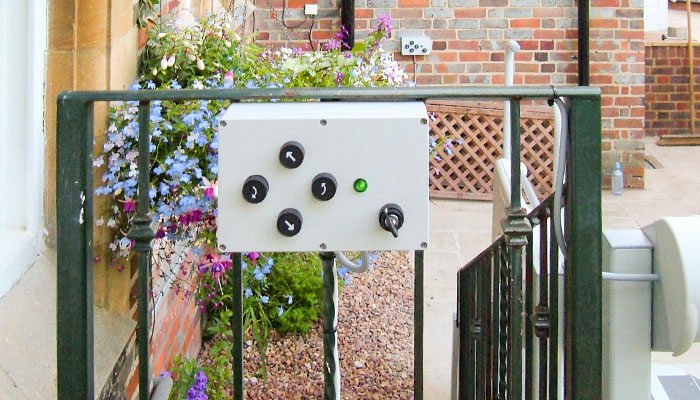About Wheelchair & Mobility Lifts

The Equality Act 2010, formally known as the Disability Discrimination Act (DDA), requires that all buildings have facilities for access that do not discriminate against disabled or wheelchair users. Alterations or additions to any building for safety reasons have to comply with The Building Regulations and/or BS 8300 as applicable.
The Disability Discrimination Act (DDA) was introduced in 1996 and came into force in 2004. It makes it a legal duty on those responsible for buildings used by the general public, and employers responsible for places of work, to ensure that the building and its facilities are accessible to disabled and wheelchair users.
In 2010, the Act was updated and became The Equality Act. This made it a duty to avoid discrimination against disabled and wheelchair users, and requires that service providers make “reasonable” adjustments to the design of the building in order to provide this universal level of accessibility.
The Act requires that any new building or alterations to an existing building, in order to satisfy obligations under The Equality Act 2010, must comply (in England & Wales) with The Building Regulations, and in particular the 2004 edition of Approved Document part ‘M’ ‘ADM’, (England & Wales) or Section 4.2 of The Technical Handbook (Scotland) which became effective in May 2004. However, certain issues are not covered in ‘ADM’ and as a result, further reference to BS 8300 has to be made.
DDA Compliant Platform Lifts by Niche
As an independent disabled access lift and wheelchair lift specialist, Niche will provide impartial advice, taking your budget and unique circumstances into account.
We cover all budgets and project scopes, from simple ready-made solutions to bespoke lift design. You can contact us via email or give us a call on 020 8295 2852 for more information.


 Price Calculator
Price Calculator
 Contact Us
Contact Us
 Request a Call Back
Request a Call Back